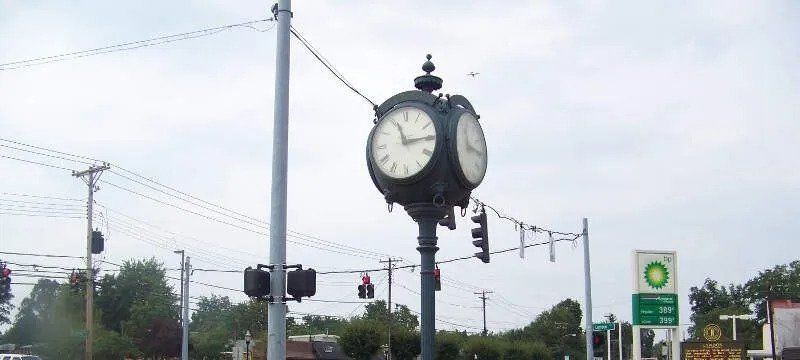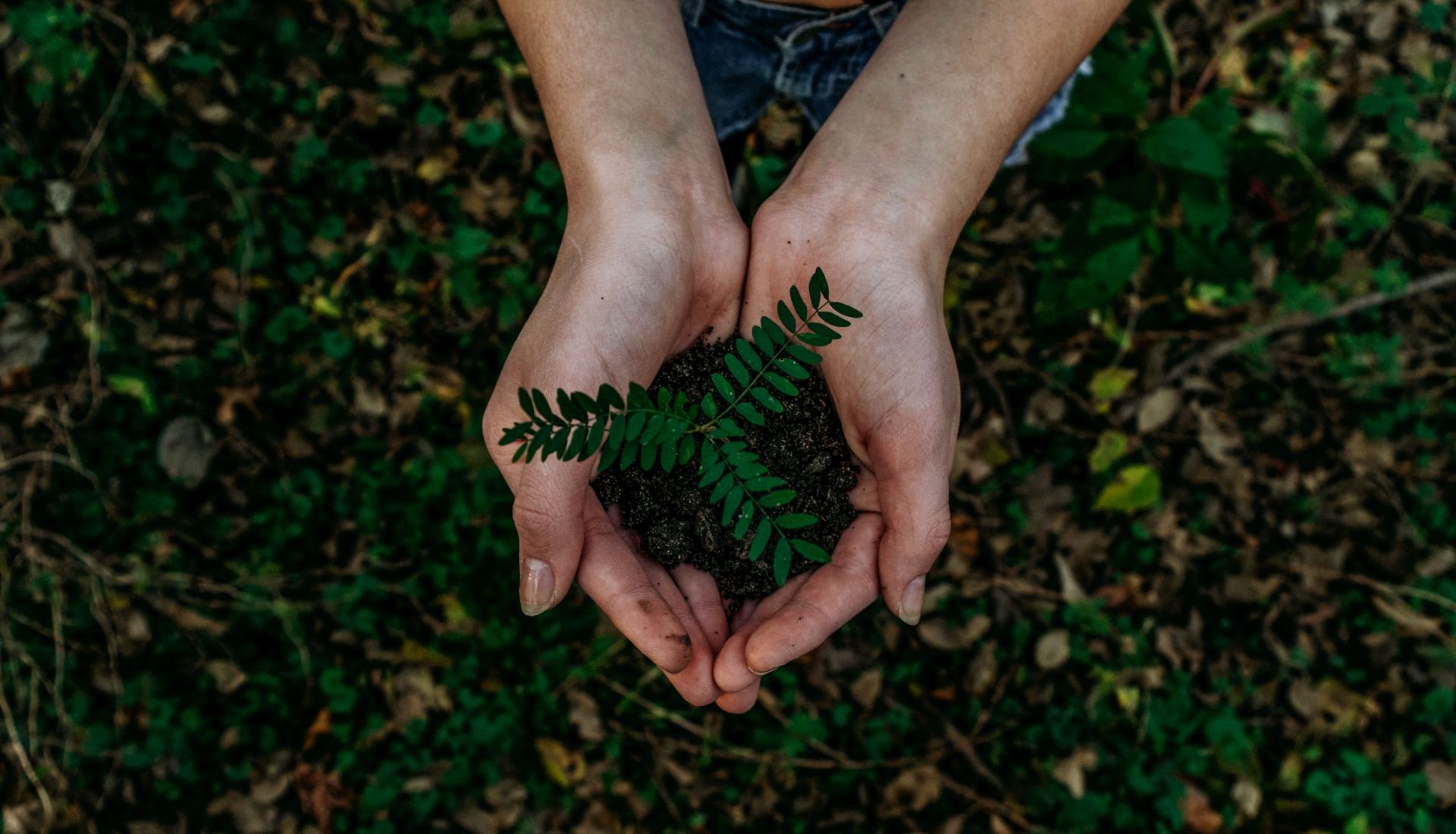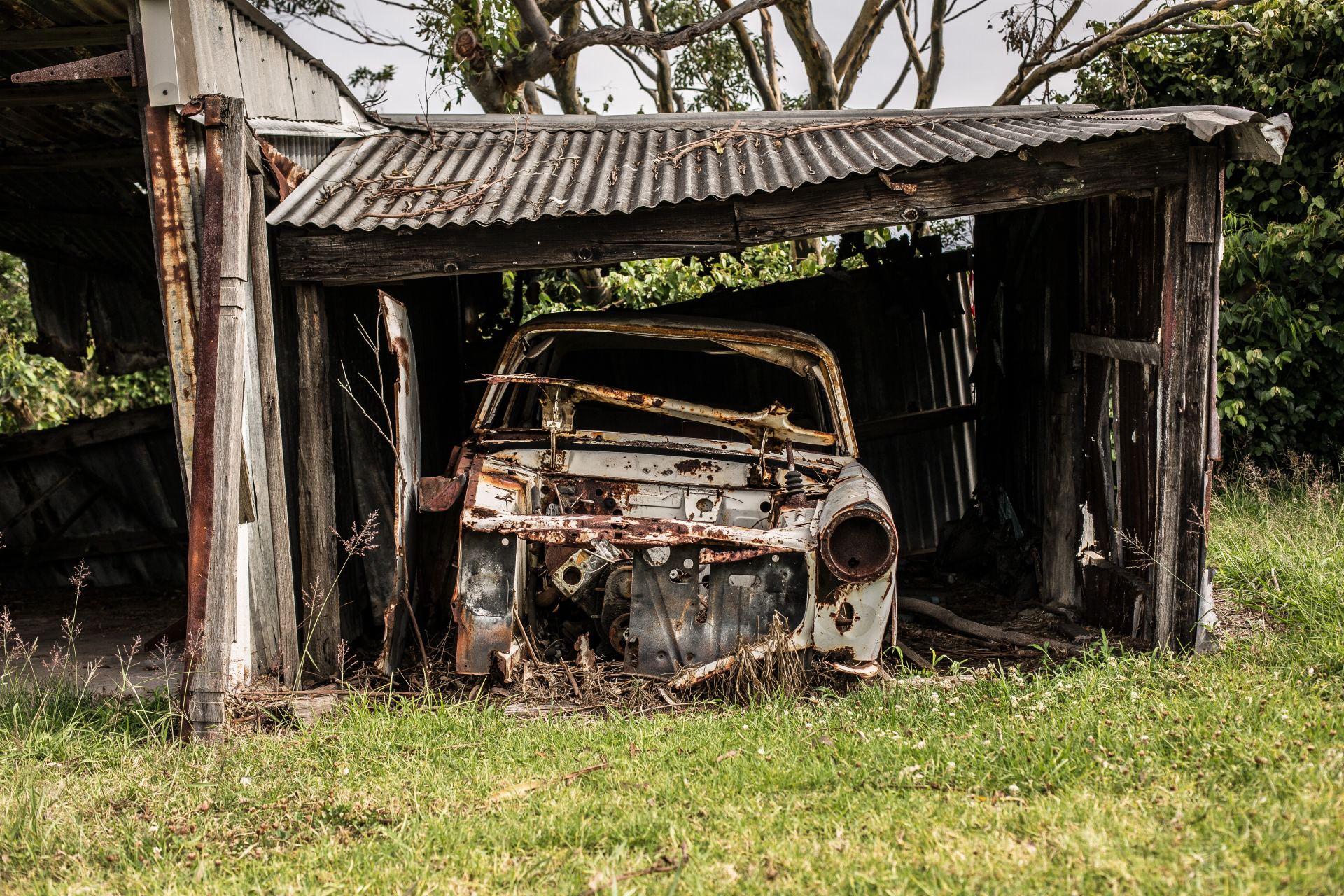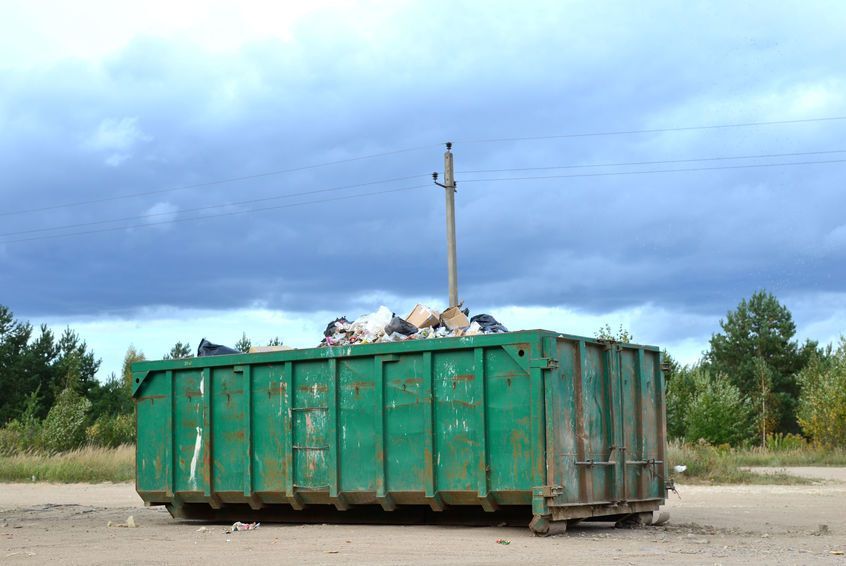Recycling in 2020
What can you recycle from your everyday life?
Car maintenance
Not only do vehicles generate substances that pollute the air and are harmful to the environment, but their maintenance also generates waste, such as oil, antifreeze, batteries and used tires. Good vehicle maintenance and proper disposal of waste can help reduce the effect on the environment.
- To get your vehicle for winter, check the air filter and fluid levels, check the tire's resistance to tread wear and inflation and check whether the windshield wipers is in good condition. Don't forget to check the vehicle for leaks. Good vehicle maintenance can reduce pollution and the number of spare parts needed for safe driving.
- If you change the engine oil yourself, collect and store the used oil in a sturdy plastic container and take it to a recycling center. Pouring oil into storm drains or soil can contaminate groundwater. Also, consider using synthetic vehicle oil.
- Buy a top-performing antifreeze. Most peak performance coolants do not contain the silicates and phosphates normally contained in conventional antifreeze, which can be abrasive to the water pump gaskets and water pumps with plastic impellers. Take the used antifreeze to a recycling center. Check with car dealerships and your local government environmental protection agency to find the recycling center closest to you.
- Take used or damaged car batteries to car dealerships that receive or repair lead-acid batteries for safe disposal. Batteries contain toxic amounts of lead and acid. They are prohibited in many solid waste collection programs and all municipal solid waste landfills.
- Return used car tires to retailers or wholesalers who recycle or retread them. Most landfills do not allow tire disposal and illegally left tires to become breeding grounds for mosquitoes and other pests.
- Organize for work or school in a carpool. With fewer vehicles on the road, there will be less environmental pollution.
- Make sure the vehicle's air filter is clean; otherwise, it may have up to 10% higher fuel consumption.
- Instead of discarding a low-value vehicle, offer it to local charities. The donation will be tax-deductible.
Recycling Electronic Devices at Home
Electronic devices are one of the fastest-growing types of trash in the United States. Recycling old devices means not only acting smart but also protecting the environment. Learn how to reuse and recycle old computers, televisions, and cell phones to reduce the amount of waste.
- Before changing a computer that no longer meets your needs, research on how to improve the computer's capacity by installing a hard drive, chip, or memory expansion card. These modifications can now be made without much technical knowledge, with the help of the manufacturer or a self-help guide.
- Consider purchasing a used computer. They are cheaper, offered by major manufacturers, and often come with a warranty.
- Donate your old computer to a school. Many schools need computers and will be able to make good use of their old machines. If the computer doesn't work, some schools have technicians who condition it.
- Take used printing ink cartridges to a company that reconditions cartridges for reuse. Many companies that refurbish cartridges offer vouchers for used cartridges.
- No matter how old, video games and video game equipment can be sold to many electronic device collectors. Another option is to donate old video games to youth charities.
- Old electronic devices (CD players, DVD players, VCRs) can be great products to donate to charitable agencies that give holiday gifts to low-income families. Exchange old CDs or DVDs with friends or donate them to charities, nursing homes, libraries or hospitals.
- Buy rechargeable batteries. They can be used for longer periods and, in the long run, are likely to be less expensive than disposable batteries. When using rechargeable batteries, follow the instructions. According to the instructions, it may be a good idea to fully recharge the battery before use; otherwise, its service life may be shortened.
- Consider using a digital camera. They generate less waste to dispose of than traditional cameras because discs can be reused and unwanted photos can be erased.
During the Holidays
The holidays are an ideal time to get together with family and friends. Holidays and other activities offer many opportunities to reduce the amount of waste through reuse and recycling.
- Approximately 33 million alive trees are sold each year for Christmas in North America. After the holidays, look for ways to recycle the tree instead of sending it to a landfill. Contact your community solid waste department to find out if they receive trees and use them to prepare mulch. The municipality may use shavings from those trees on trails or erosion barriers in coastal areas.
- Buy a potted tree and, after the holidays, plant it.
- Organize a party to create your decorations! Invite family and friends to create holiday decorations, for example, made from old greeting cards or cookie dough, garlands made from popcorn or blueberries threaded, crowns made from leaves and artificial flowers, and potpourri made from cooking spices such as cinnamon and cloves.
- During the day, turn off or unplug decorative holiday lights. Doing so will not only save energy, but it will also help the lights last longer.
- If you're buying new greeting cards this holiday season, send greeting cards made from recycled materials. Buying recycled products is one way to encourage manufacturers to make more products from recycled materials. Also, think about sending e-cards and remember to recycle the printed cards you receive.
- When shopping for anniversaries and holidays, do so ecologically. Try to buy items that have as little packaging as possible or are made from recycled material. Read product labels to determine if they can be recycled and if they are made from recycled materials.
- Before buying a product as a gift, consider its durability. Cheaper, less durable items often wear out quickly and become waste that costs you money. Look for items that embrace the concept of reuse. For example, wooden toys made from scrap wood, craft kits that take advantage of used and discarded materials, and drawing boards that can be erased and reused.
- Every year, garbage collectors receive thousands of paper and plastic shopping bags. Reduce the amount of bags you discard by using reusable cloth bags for holiday gift shopping. Tell store employees that you don't need a bag to carry small or large purchases. Use reusable cloth bags instead of disposable bags when playing "deal or trick.
- Wrap gifts with gift wrap or recycled or reused comic book paper. Also, remember to store or recycle used gift wrap. Make gifts that don't need a lot of wrappings, such as concert tickets or gift certificates.
- Donate older toys that your children no longer use to charities. Also, check with local libraries. Many public libraries have expanded the children's section and offer a collection of toys, games, puzzles and musical instruments to borrow.
- About 40% of total battery sales occur during the holiday season. Buy rechargeable batteries to use with electronic gifts you make and also consider giving away a battery charger. Using rechargeable batteries reduces the amount of potentially harmful material that is discarded and, in the long run, can help save money.
- When giving flowers, consider buying and giving away durable silk flowers, potted plants, shrubs, bushes, or trees that can be planted in the spring.
- Bake cookies or other treats for friends and loved ones and place them in recyclable or reusable containers as gifts. Homemade treats are a show of affection and help avoid wrapping waste.
- If you're throwing a party, put cloth napkins and reusable plates, glasses, and cutlery on the table. Think about renting more formal dinnerware that you may not use often. Also save hats, decorations, and party favors for reuse.
- After the holidays, place leftovers in recyclable containers and share them with family, friends, and others. Donate complete and intact holiday leftovers to a homeless shelter or local food bank.
- When possible, compost leftover food, leaves, and lawn clippings.
- After the holidays, fill the dishwasher before putting it into operation. This will reduce cycle times and save energy.
- Wash and reuse plastic and glass fascias, milk containers, coffee cans, milk product containers and other similar containers that are empty and would otherwise be discarded. These containers can be used to store leftovers as well as buttons, nails and other loose items.
- Take advantage of all the carved pumpkin. Use the pulp from it to make a pumpkin pie or muffin and make toasted seeds to serve as a fun snack for the occasion. When this holiday is over, cut the carved pumpkin before it spoils and add it to the compost bin.
- Why should I buy costumes that you'll probably only wear once and then discard? Instead, wear old clothes or buy used garments at a consignment store to make your costume.
- Consider donating old costumes to local amateur theater productions, such as school acts and shows staged by charities. Another option is to donate the costumes to a costume rental service.
Home Improvements
When choosing materials for home improvement or remodeling, try buying recycled products. Using recycled products can help reduce the amount of material going to landfills. Floors, insulation, woodgrain plastics, carpentry, asphalt shingles, and many yard products are made from recycled materials.
- If your house or apartment was built before 1978, you probably still have lead paint on walls and other surfaces. Lead in the environment is particularly harmful to children and pregnant women. Before starting remodeling projects or removing paint, check for lead. You can hire a professional to remove it or do it yourself. If you do, place tarps over the work area, don't work on windy days and collect and dispose of paint waste in an approved sanitary landfill.
- Install well-insulated skylights or larger windows to allow more natural light into the home. That way, you'll help reduce the amount of energy and electricity used to light your home.
- Donate old cabinets, doors, plumbing fixtures and hardware that can be reused to a local charity or a building materials reuse center.
- When possible, reuse or recycle leftover cement, gravel, and sand. Try not to prepare a greater amount of concrete or cement mix than is needed for the day.
- When undertaking major landscaping tasks in your home, try leveling and digging projects when the chances of rain are minimal to prevent erosion and stormwater pollution. Cover excavated materials, debris containers, and asphalt, sand, and yard clippings to prevent contaminants from entering storm drains.
- Properly maintain appliances and clean them for maximum efficiency. That way you can also save electricity, conserving resources and reducing global warming. Remove lint and dust from the spiral of the refrigerator and freezer. Remove lint from the dryer, boiler and corresponding vents. Also, change or clean the air purifier or boiler filter.
- For cleaning tasks, try to use durable items such as mops and reusable rags or sponges. When using household cleaners, only use the necessary amount and read and follow the manufacturer's instructions for use and disposal.
- Properly store unused paint for future use, give it to neighbors or charities, or give used paint to a waste collection site for recycling.
- If you have a shingle roof, check it for cracks or missing shingles and use recycled plastic or rubber roofing material to repair it.
- Replace old insulation with insulation made from recycled paper and glass and other reclaimed materials.
- Check the boiler or heat pump and replace the filter or repair it if necessary. Proper boiler maintenance helps conserve fuel by ensuring efficient operation and preventing leaks.
- Remove screens from doors and windows and install shutters and shutters. Screenings and common windows can deteriorate with strong winds, heavy rains, and extreme cold and can end up in the landfill ahead of schedule.
- Control caulking around windows and make touch-ups to conserve energy and natural resources.
- On rainy days when you can't get out, clean the closet and collect old clothes and toys to donate to a charity or for the next sale of used items.
You can check https://www.bestdealdumpsters.com/things-to-know
and use it as a general guideline for what can and cannot go into a landfill.
If you are in Louisville and need to get rid of items that are not allowed in a landfill the Waste Reduction Center
is a great place!















